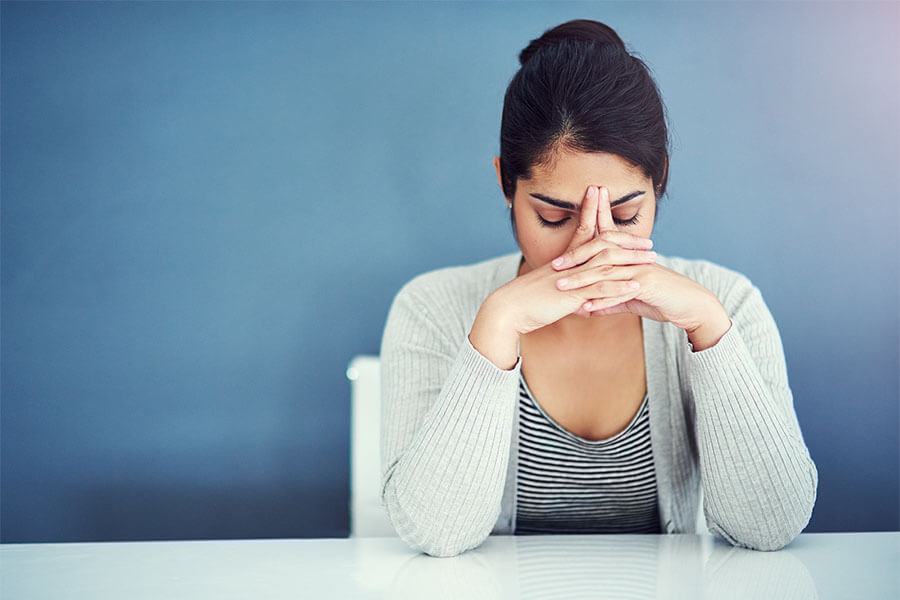Stress is the way the body reacts to external stimuli. Stress is not the same as anxiety. Anxiety is a mental state of unease that stems from your thoughts. Stress is a physical response to a situation. It is a survival mechanism that helps you deal with a stressful situation.
When you are stressed, your heart rate increases, blood pressure rises, your breathing gets faster, and your muscles tighten. Your body is preparing itself to deal with the stressful situation.
Stress is unavoidable. In the past, stress was considered to be a normal part of life.
There are two types of stress: acute stress and chronic stress.
Acute stress is the kind of stress that occurs when you are in a dangerous situation. For example, if you are trapped in a burning building, you would experience acute stress.
Acute stress is normal and a part of life. You can learn to cope with it.
Acute stress is usually a short-term response to a situation. It usually lasts less than a month and does not last longer than four hours.
If you experience acute stress, you will feel stressed, anxious, and nervous. You may feel like your heart is pounding, your blood pressure is rising, and you may feel nauseous. You may also feel like you can’t breathe.
Chronic stress is the kind of stress that occurs when you are in a situation that is not dangerous, but it causes you to feel overwhelmed. For example, if you are struggling to pay your bills, you would experience chronic stress.

Chronic stress is not normal and is usually a long-term response to a situation. It usually lasts longer than four hours and can last up to a month.
Chronic stress may be accompanied by depression, irritability, headaches, sleeping problems, or stomach problems.
If you are experiencing chronic stress, you may feel stressed, anxious, and depressed. You may also feel like you can’t breathe. You may have headaches, sleeping problems, and stomach problems.
Chronic stress can be a sign of a mental health problem, such as depression or anxiety.
There are many ways to cope with stress. Some ways include:
Taking a break from the situation
Talking to someone you trust
Listening to music
Exercising
Going for a walk
Doing something enjoyable
Yoga
Yoga is a form of exercise that combines breathing exercises with gentle stretching. It can be relaxing and also energizing. It is a great way to relieve stress and feel more relaxed.
Stretching
Stretching is a form of exercise that involves stretching your muscles and stretching your joints. It is also a great way to relieve stress and feel good about yourself.










